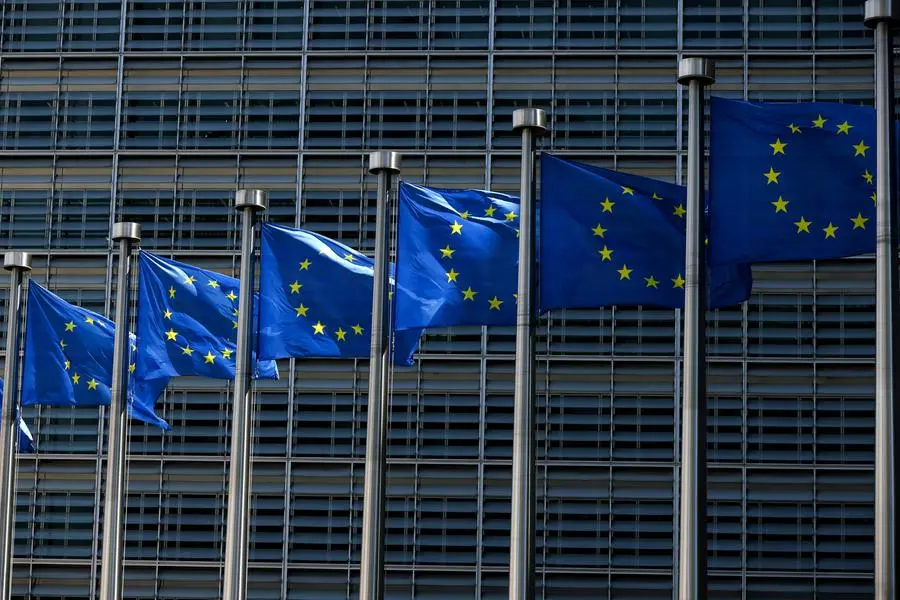PHOTO
The EU on Friday announced it is adding 15 extra seats to the next European Parliament ahead of elections next year, to reflect demographic changes in different member countries.
France, Spain, Ireland and the Netherlands are among a dozen countries to get one or two more seats each added to their national quota in the next legislature, which will have a total 720 MEPs in its 2024-2029 configuration.
Europeans will vote in June next year on the lawmakers to fill the seats.
The decision by the European Council, representing the 27 member states, adopts a recommendation made by the parliament earlier this month.
It corresponds to "the demographic changes in EU member states," the European Council said in a statement.
Thus countries whose populations have become proportionally bigger compared to their peers were given extra seats.
Under the EU treaty, the European Parliament can have a maximum 750 seats, plus one for the legislature's president.
The number of seats are divvied up in a degressively proportional fashion, so that each country has a minimum of six MEPs but no state can have more than 96.
Under the new configuration for the 2024-2029 parliament, Spain, France and the Netherlands were each given two extra seats.
Belgium, Denmark, Ireland, Latvia, Austria, Poland, Slovenia, Slovakia and Finland were each given one extra seat.
The current parliament, formed in 2019, has 705 seats, whittled down from 751 in the previous house because of Britain's exit from the European Union.
Germany, the EU's most populous country, already has the maximum allotted 96 seats in the parliament, which remains unchanged.





















